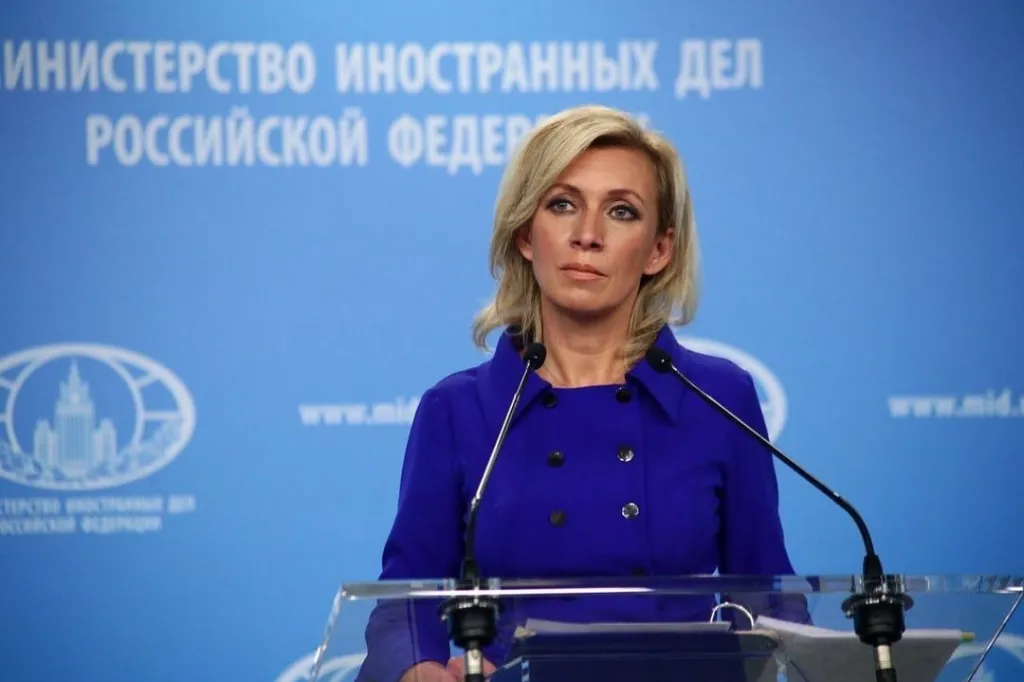 France has joined the United States and Britain in signaling to Ukraine that it is allowed to use long-range weapons against targets on Russian territory. This marks a significant shift in policy and has sparked outrage in Moscow, according to the German news agency dpa.
France has joined the United States and Britain in signaling to Ukraine that it is allowed to use long-range weapons against targets on Russian territory. This marks a significant shift in policy and has sparked outrage in Moscow, according to the German news agency dpa.
French Foreign Minister Jean-Noel Barrot stated in an interview with the BBC that Ukraine’s use of weapons on Russian territory would be an act of “self-defense.” Barrot did not confirm whether Ukraine had already used such weapons, but the expression of support has clearly unsettled Moscow.
Moscow’s Sharp Response
Russian Foreign Ministry spokesperson Maria Zakharova told the state agency TASS that Barrot’s statements “are not support for Ukraine but a death knell for Ukraine.”
This week, Ukraine reportedly fired long-range cruise missiles, including U.S.-made ATACMS and British Storm Shadow missiles, at military targets within Russia. France, which has been supplying Ukraine with identical missiles under the Scalp designation since July 2023, has further solidified its role in arming Ukraine with sophisticated weaponry.
Germany remains the sole Western power refraining from supplying long-range weapons, with Chancellor Olaf Scholz categorically denying the delivery of Taurus cruise missiles to Ukraine. Scholz has maintained a cautious stance of neutrality in this aspect of military aid.
Putin’s Fear and Retaliation Threats
A close associate of Ukrainian President Volodymyr Zelensky, Mykhailo Podolyak, commented that Putin’s threats to deploy new long-range weapons, previously unseen on the battlefield, reveal the Russian leader’s “absolute fear.” In an interview with Bild am Sonntag, Podolyak stated that Putin is attempting to intimidate the West and weaken NATO’s resolve.
Predictions Becoming Reality
The latest developments further validate predictions that Putin, facing increasing military support for Ukraine and NATO’s apparent moves, is preparing his “Plan B” — additional mobilization within Russia and a potential strategic strike on NATO’s weakest link.
Putin’s new mobilization, announced through a law offering debt forgiveness to military recruits, clearly signals the Kremlin’s long-term plans. The goal is not only to halt Ukraine but also to instigate internal chaos within NATO, whose internal divisions and weaknesses the Kremlin has long identified and exploited.
Can NATO Endure the Challenge?
Putin’s potential strike on NATO’s weakest link could have far-reaching consequences. Tensions in the Baltic states, Belarus, or even Poland could become new flashpoints. While NATO strives to maintain unity, the Kremlin sees an opportunity to undermine the Alliance’s credibility.
This moment raises critical questions: Is NATO prepared for a coordinated defense of its members, or will internal challenges and disagreements allow the Kremlin to exploit the Alliance’s vulnerabilities to achieve its objectives?